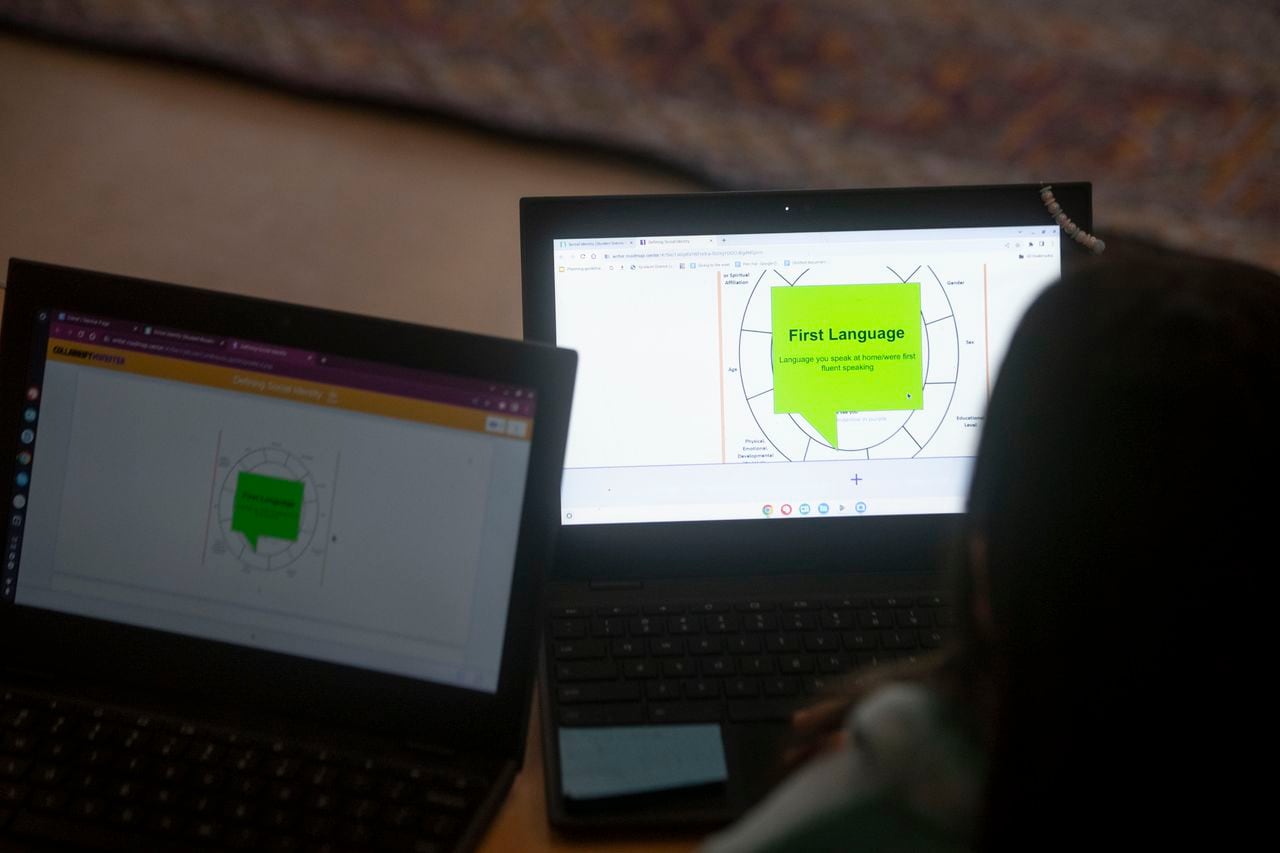Ypsilanti Community Schools is striving to keep pace with the advancements as artificial intelligence applications increase.
Superintendent Alena Zachery-Ross emphasized the importance of finding a harmonious blend between leveraging innovative technology effectively and upholding scientific integrity. She highlighted the uncertainties surrounding the full capabilities of AI.
Zachery-Ross expressed the view that embracing artificial intelligence is beneficial, but it is equally crucial to educate on the ethical implications that educators need to consider. She emphasized the evolving interaction between artificial intelligence and human intellect.
The implementation of AI-powered devices at YCS has been a gradual process since the previous summer. Zachary-Ross believes that one of the ways AI is being utilized is to enhance students’ reading skills.
One method mentioned by Zachary-Ross is the use of chatbots like ChatGPT, developed by OpenAI, to create prompts and aid students in brainstorming ideas for writing exercises. This AI tool generates human-like language to facilitate the learning process.
To mitigate potential misuse of AI, Zachary-Ross suggested that teachers engage students in written tasks within the classroom, whether through traditional paper writing or supervised digital platforms like Google Docs, to make it easier to detect dishonest practices.
AI, as per Zachary-Ross, should be utilized by students for evaluation, synthesis, and skill enhancement rather than as a tool to generate work on their behalf.
Furthermore, AI has the potential to alleviate certain administrative burdens in the classroom, such as extensive data analysis and prompt lesson plan organization, while also offering opportunities for personalized student learning experiences.
The English Learner Department at YCS has spearheaded the integration of AI within the district. Professor Connor Laporte highlighted the use of AI systems to swiftly generate instructional materials in multiple languages.
Laporte emphasized the time-saving benefits of AI tools, enabling educators to focus on providing essential feedback to aid students in their learning and development.
While AI tools like Google Bard can customize learning materials for individual students based on their language proficiency levels, Laporte stressed the importance of human oversight to ensure accuracy, given AI’s imperfections.
Incorporating AI into the classroom setting not only aids in creating diverse educational resources but also enhances students’ exposure to various dialects and speech patterns, fostering a richer learning experience.
The adoption of platforms like Roadmaps by educators such as fifth-grade teacher Melanie Eccles has streamlined lesson planning and facilitated student-teacher knowledge exchange through AI technology.
Students like Sydney Fortson appreciate the collaborative nature of Roadmaps, which empowers them to take ownership of their learning process and explore different learning approaches.
Zachary-Ross underscored the inevitability of students engaging with AI in their educational journey and emphasized the shift towards more challenging tasks that promote critical thinking and analysis, moving away from simplistic assignments that can be easily processed by AI.
While embracing the potential of AI in education, Zachary-Ross cautioned against hasty adoption and stressed the importance of maintaining a balance between technological advancement and ethical considerations.
In conclusion, Zachary-Ross emphasized the significance of fostering a culture of ethical reflection and responsible AI integration in educational settings to ensure a balanced and dignified approach to leveraging technology for learning.






